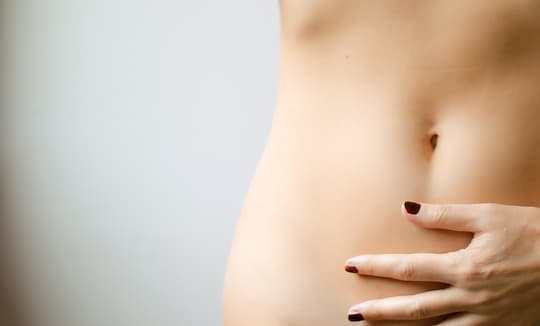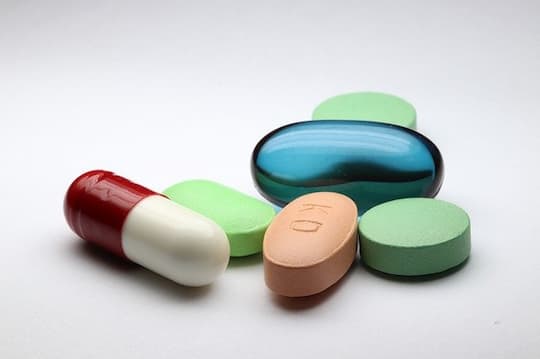The spice has been used as a herbal medicine to treat digestive problems, infection and inflammation.
Turmeric is a common spice used in dishes to improve the colour and flavour of foods, and also recognised for its medicinal and health benefits going back to ancient times.
According to a study, turmeric contains a compound that is similarly as effective as omeprazole for treating acid reflux, heart burn, bloating, and other common symptoms of indigestion.
Curcumin is a naturally occurring compound in turmeric that has been used as a herbal medicine to treat digestive problems, infection, and inflammation.
Until now there hasn’t been any scientific work to compare the effectiveness of this herbal supplement with conventional medicines.
Dyspepsia
The study recruited 206 patients with functional dyspepsia, a digestive condition that causes stomach upset.
Over a 28-day study, patients were divided into three treatment groups.
The turmeric group received two capsules containing 250 mg of curcumin four times a day.
The omeprazole group received one capsule of 20 mg omeprazole once a day.
The combined treatment group received one capsule of 20 mg omeprazole per day and two capsules of 250 mg curcumin four times daily.
The Severity of Dyspepsia Assessment (SODA) score was used for assessing functional dyspepsia symptoms.
The scores suggested that the severity of abdominal pain and other non-pain symptoms such early satiety, bloating, vomiting, and nausea were reduced in the combined, curcumin, and omeprazole groups.
The results showed that curcumin and omeprazole were equally effective for functional dyspepsia with no serious side-effects.
The authors wrote:
“This multicenter randomized controlled trial provides highly reliable evidence for the treatment of functional dyspepsia…
the new findings from our study may justify considering curcumin in clinical practice.”
Related
- Curcumin boosts mood and memory.
- Turmeric can block fear memories after a traumatic experience.
- One gram of turmeric at breakfast improves memory in people with memory problems.
- Curcumin can improve several symptoms of depression.
The study was published in the journal BMJ Evidence-Based Medicine (Kongkam et al., 2023).









